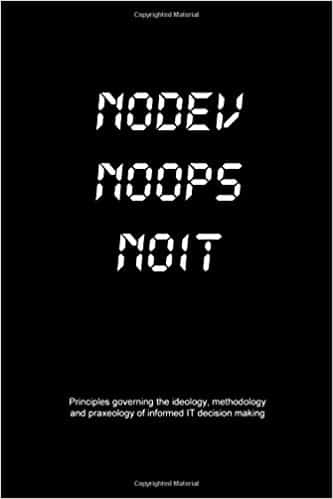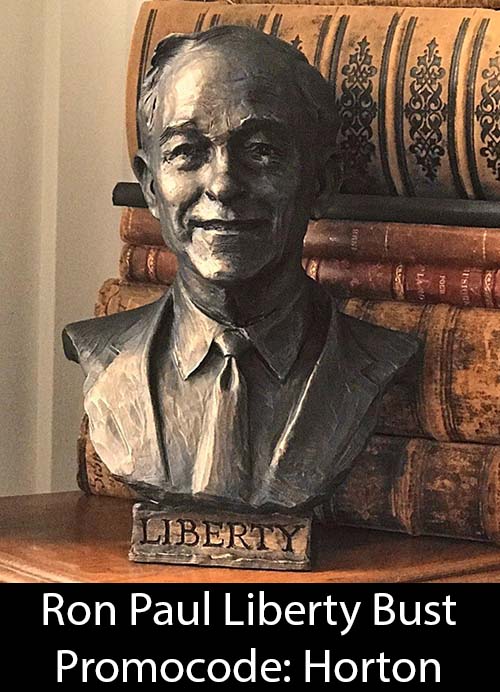The Scotsman November 30, 1998
Chris Stephen In Pristina
The United States has asked Kosovo’s ethnic Albanian rebels to distance themselves from so called Mujahideen fundamentalists, amid reports that Islamic extremists are arriving to fight in this war-torn province.
KLA leaders have accepted the US request, prompted by fears in Washington that the war in Kosovo will provide fertile ground for Muslim fundamentalists to take root.
Fundamentalists are well established in Albania, despite several raids by the CIA and Albanian security forces that seized five key members of Islamic Jihad and other Middle Eastern groups this summer.
Now a joint CIA-Albanian intelligence operation has reported Mujahideen units from at least half a dozen Middle East countries streaming across the border into Kosovo from safe bases in Albania.
The American request came at an October meeting of US envoys with the leaders of the ethnic-Albanian Kosovo Liberation Army at their headquarters in Geneva.
A senior KLA source told The Scotsman that the group agreed to the request: “It’s a clear position; we don’t want anything from these people,” he said. “Even before they (the US) told us to be careful from them, we’d had this firm understanding.”
Approximately a quarter of KLA members are Roman Catholics, and the organisation has insisted throughout this year’s fighting that its war with the Serbs, who are Orthodox Christian, is nationalist, and not religious.
But Albanian intelligence services report an influx of Muslim extremists from a variety of countries into Kosovo. “We have information about three or four groups, there are Egyptians, Saudi Arabians, Algerians, Tunisians, Sudanese,” said Fatos Klosi, director of the Albanian intelligence service.
The US request was top of a “shopping list” the KLA says the Americans gave it.
As well as refusing offers of help from the Mujahideen, the KLA says it agreed not to use terrorist tactics such as car bombings against the Serbs outside Kosovo.
It also promised not to foment revolt among the ethnic Albanian majority in neighbouring Macedonia.
The KLA is coy about saying what it got in return. So far the answer is very little. The US still says the group cannot be included in peace talks on Kosovo’s future until it renounces violence.
But behind the rhetoric, the US is worried that unless it makes concessions, it might drive the rebel movement into the arms of the fundamentalists.
One vital concession to the KLA came earlier this year, when it had the unusual honour of being take off a register of organisations the US defines as “terrorists”.
This is a valuable asset, not just in terms of public relations.
It also makes fund-raising among ethnic Albanians abroad much easier.
For the Americans, giving the KLA tacit support is a tightrope.
Shunning it might drive them into the arms of fundamentalists such as Osama Bin Laden -blamed for bombing US embassies in Africa this summer -whose men are already operating in Albania.
But supporting them could give a shot in the arm for the KLA’s aim of full independence for Kosovo -something the West fears might fuel uprisings in other parts of the world.
For the moment, the US appears to be leaning on the side of support. Most observers in Kosovo think the current lull in fighting has more to do with winter weather than the ceasefire brokered under threats of NATO action in October.
The majority Albanian population remains committed to independence, and the Serb leadership remains committed to stopping that, with both sides rearming and planning for fighting in the spring.
It is also unclear if the KLA’s Geneva leadership really controls all the rebel units on the ground, many of whom follow competing political factions.
How many Islamic volunteers are in Kosovo is equally uncertain. Few have been sighted by the western monitors in the province.
The full strength and political sway of Mujahideen units will only become clear when the spring arrives and warriors again pull the covers from their guns.















